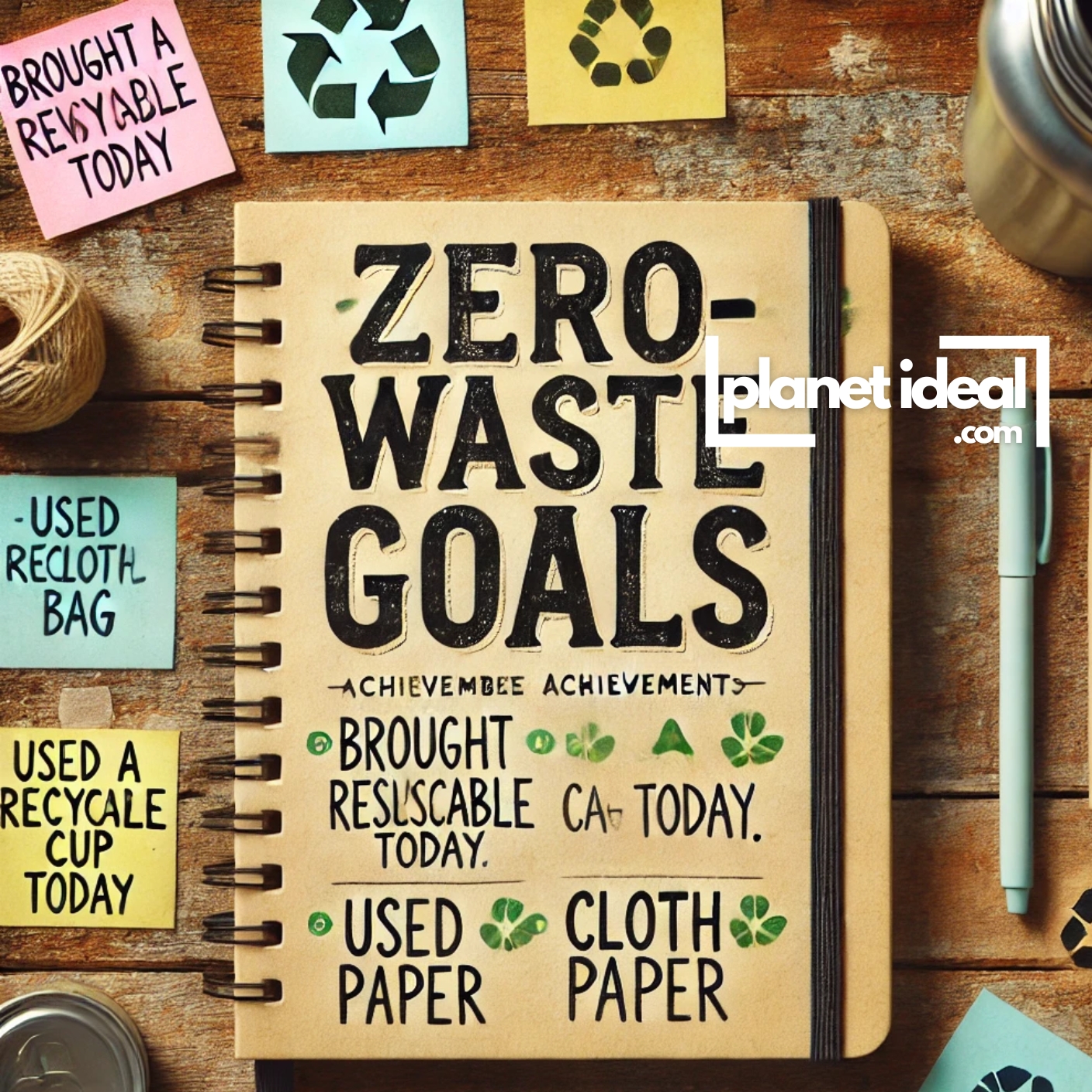Transitioning to a zero-waste lifestyle is an admirable goal, but like any big change, it can come with a learning curve. Many of us, in our quest to be eco-friendly, make small mistakes that can lead to frustration or even burnout. But don’t worry—these hiccups are normal, and with a bit of guidance, they’re easy to overcome.
In this post, we’ll explore five common zero-waste mistakes and share practical tips to avoid them, so you can stay on track and make a lasting positive impact on the planet.
Table of Contents
Toggle1. Buying Instead of Using What You Already Have
One of the most common mistakes in zero-waste living is rushing to buy new “eco-friendly” products. It’s tempting to replace all your plastic items with bamboo or glass alternatives, but zero-waste living is about reducing waste, not replacing it prematurely.
How to Avoid This Mistake:
- Start with What You Have: Use up existing items before replacing them.
- Upcycle: Get creative and find new uses for old items.
- Assess Needs vs. Wants: Ask yourself if a new purchase is truly necessary.
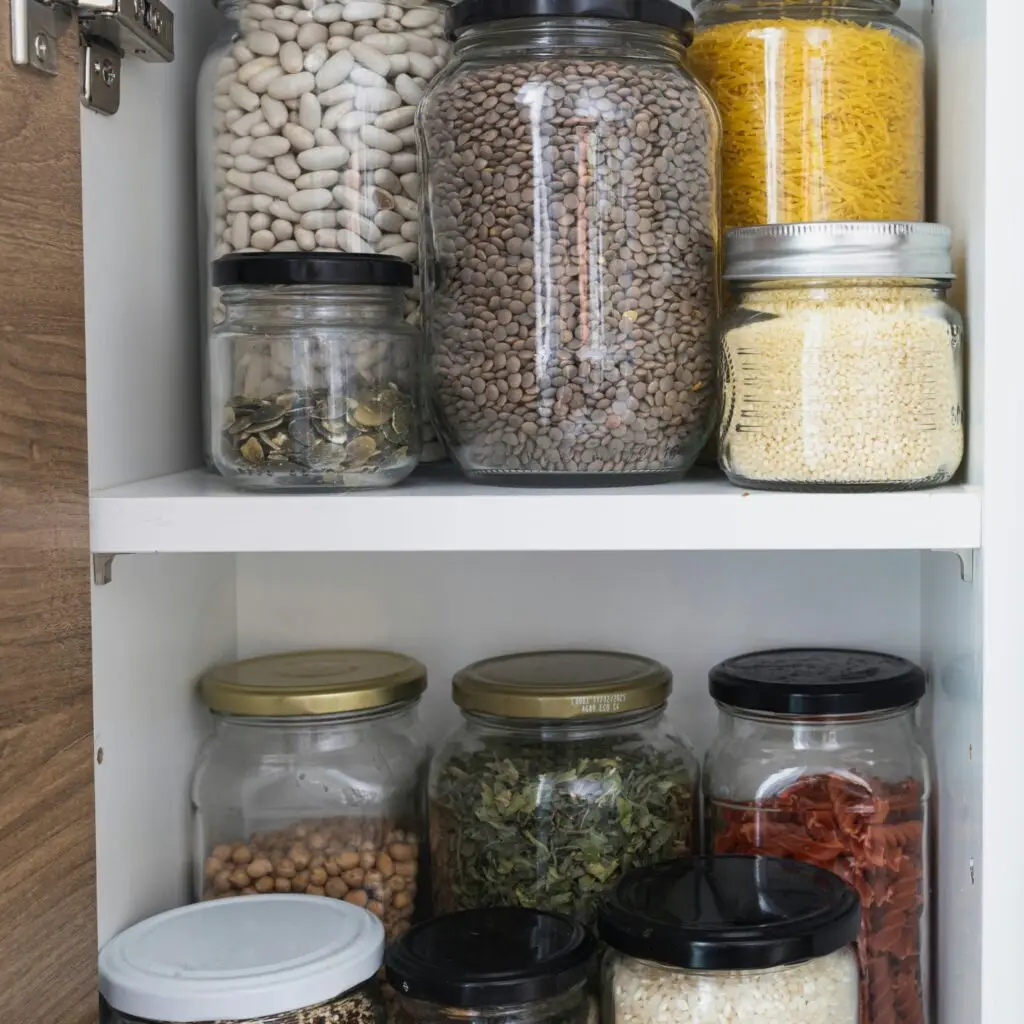
2. Thinking Perfection Is Required
Zero-waste living isn’t about being perfect; it’s about making better choices consistently. Setting unrealistic expectations can lead to frustration and feeling like your efforts aren’t enough.
How to Avoid This Mistake:
- Focus on Progress: Celebrate small wins, like using reusable bags or reducing food waste.
- Set Realistic Goals: Start with manageable changes and build on them over time.
- Forgive Mistakes: Everyone slips up—learn from it and move forward.
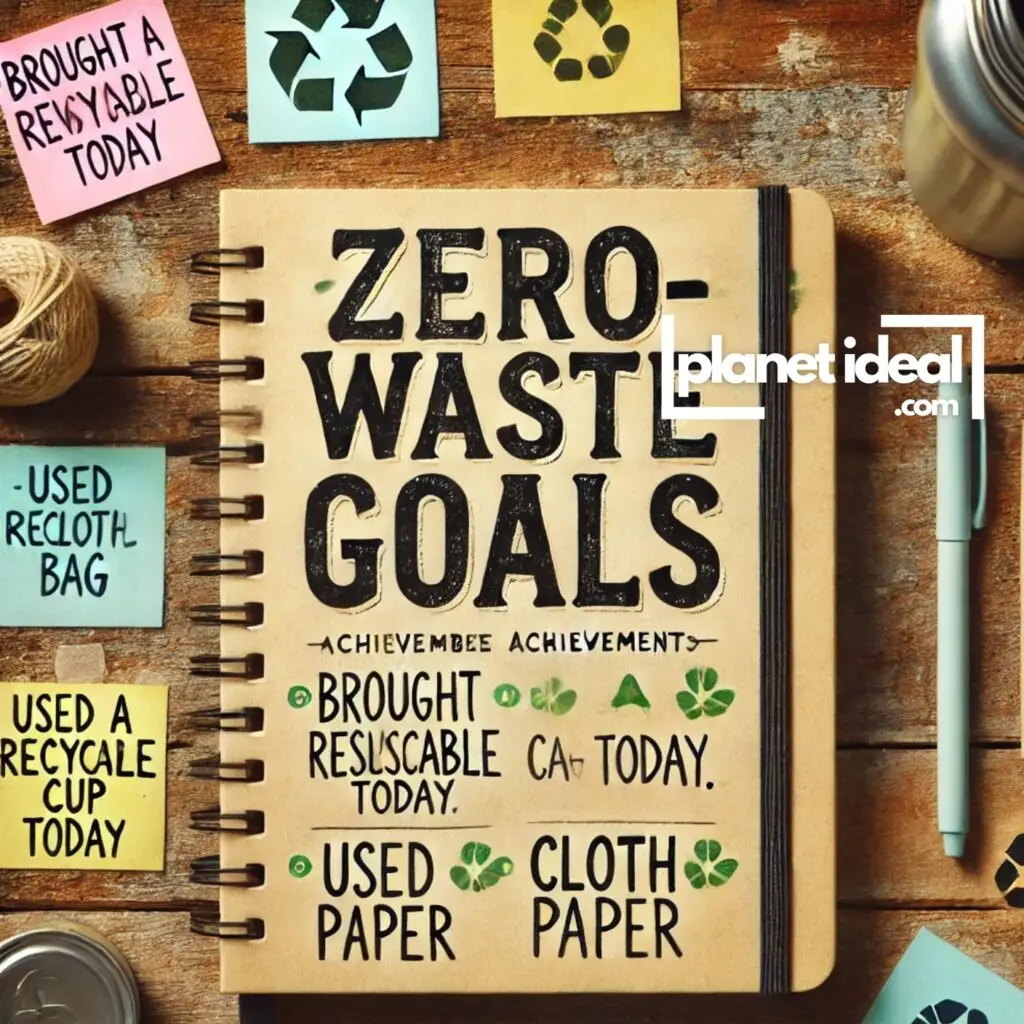
3. Overlooking the Importance of Planning
Lack of planning often leads to waste. Forgetting to bring reusable items or failing to prepare meals can result in unnecessary purchases and plastic waste.
How to Avoid This Mistake:
| Situation | Planning Solution |
|---|---|
| Forgetting reusable bags | Keep extras in your car or purse. |
| Takeout waste | Carry a reusable cutlery set and food container. |
| Food spoilage | Plan meals and store leftovers properly. |
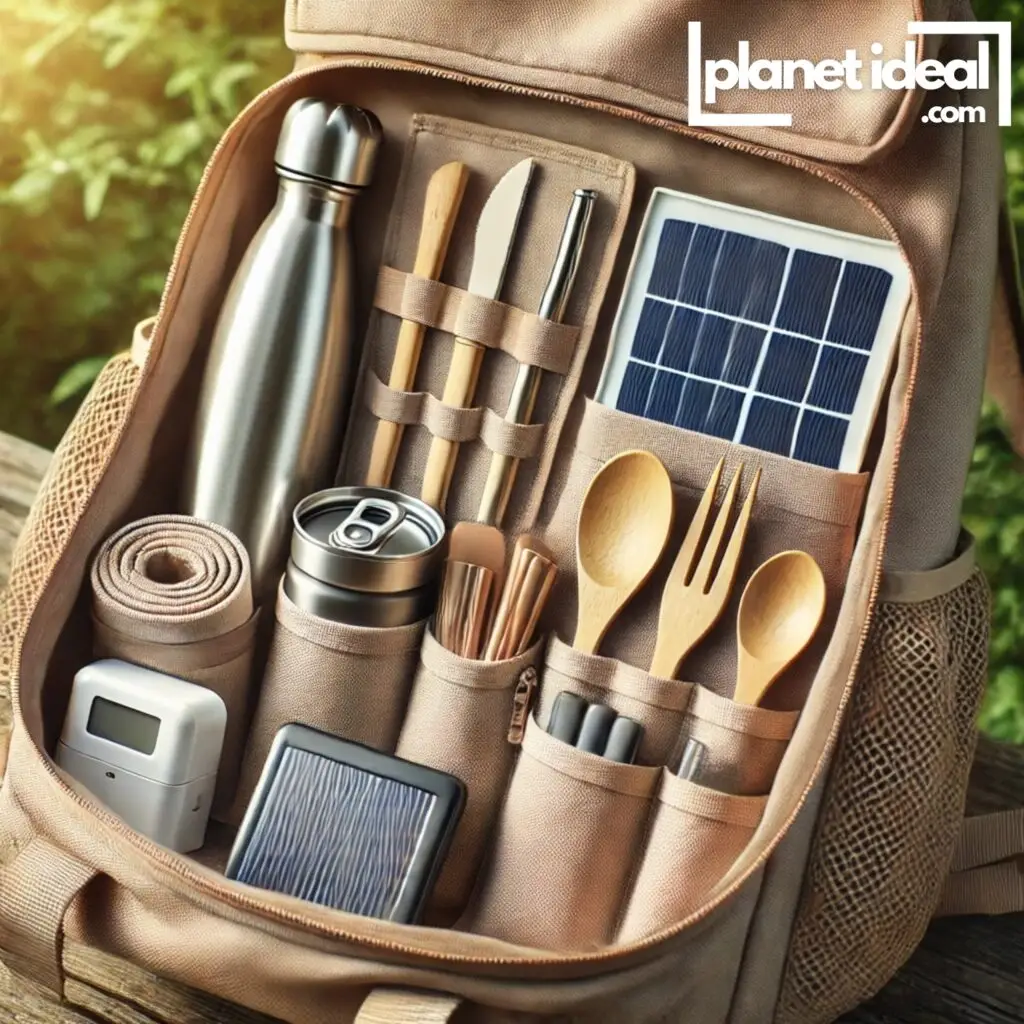
4. Focusing Only on Recycling Instead of Reducing
Recycling is often seen as the ultimate eco-friendly solution, but it’s not the most effective way to reduce waste. Many recyclable items still end up in landfills due to contamination or lack of proper facilities.
How to Avoid This Mistake:
- Prioritize Reducing and Reusing: Follow the waste hierarchy (Refuse, Reduce, Reuse, Recycle, Rot).
- Learn Local Rules: Understand what can and cannot be recycled in your area.
- Avoid Contamination: Rinse recyclables and keep them free of food residue.

5. Overbuying “Sustainable” Products
It’s easy to fall into the trap of overbuying items labeled as “sustainable” or “zero-waste.” From trendy beeswax wraps to expensive storage jars, these purchases can sometimes create more waste if they replace functional items prematurely.
How to Avoid This Mistake:
- Start Small: Test one or two swaps before committing to more.
- DIY Where Possible: Make your own beeswax wraps or cleaning products.
- Research Brands: Support companies with transparent sustainability practices.
External Link: Learn how to make your own beeswax wraps with this guide from The Zero-Waste Chef.
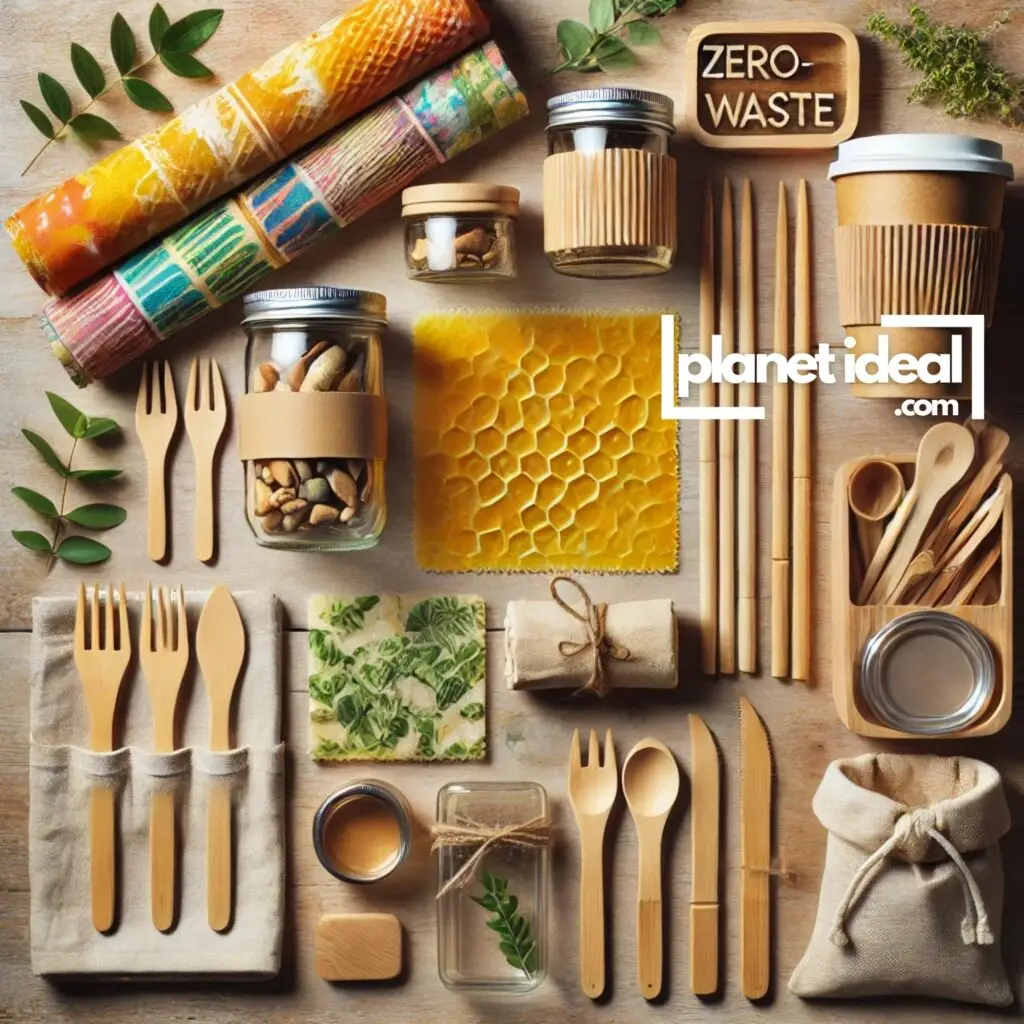
At Planet Ideal, we’re on a mission to make sustainable living accessible for everyone. Our team of eco-enthusiasts writes short, snappy, and easy-to-digest articles designed to inspire real change without overwhelming. From practical tips to innovative ideas, we’re here to prove that living green can be stylish, convenient, and enjoyable. Join us as we empower individuals, families, and communities to embrace eco-friendly lifestyles—one step, one story, and one solution at a time.

